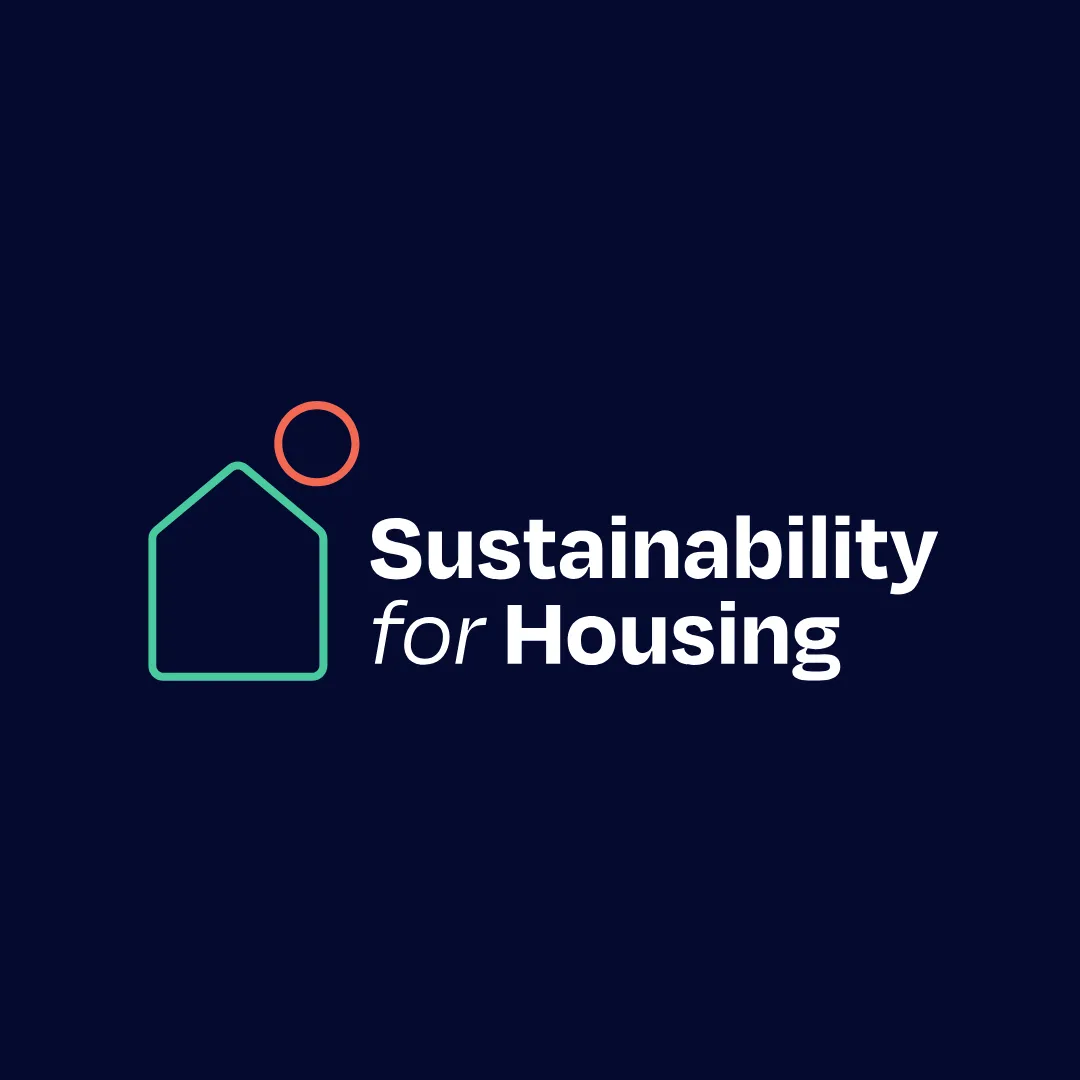Sustainability for Housing (SfH) has published the latest analysis from the 2024 Sustainability Reporting Standard for Social Housing (SRS) submissions, marking a ‘coming of age’ for environmental, social and governance (ESG) reporting across the sector - including in Scotland.
The SRS is made up of a community of adopters across England, Scotland and Wales. There are now 170 adopters – up from 78 five years ago – comprising of 132 housing providers owning and managing close to 2.4 million homes across the UK, and 38 funders that provide almost all the c£133 billion of private finance to the sector.
With 18 adopters based in Scotland, the contribution of SFHA members is steadily growing in significance.
The 91 housing providers in this year’s report own and manage close to 1.9 million homes across England, Scotland and Wales. Some of the other key highlights include:
- The overall proportion of new homes achieving EPC A has risen year-on-year, from 2.1% in 2022 to 9.5% in 2024.
- The housing providers in this dataset delivered 35,800 new homes in the year, with 99.7% of the c35,800 new homes completed in 2024 achieving EPC C or higher.
- Of the new homes, low-cost home ownership and affordable rent continue to see the greatest allocation (29% of homes), followed by social rent (24% of homes).
- Average rents of FY 2023/24 were equivalent to 59% of private rented sector (PRS) rates or 72% of the Local Housing Allowance (LHA), demonstrating affordability relative to market alternatives.
- 37 housing providers that reported against the enhanced damp and mould criterion, sharing that 86,670 homes had cases of damp and mould in 2024, accounting for, on average, 7% of each housing provider’s total stock, with this proportion ranging from 0.2% to 17.9% across reporting providers. This is above expectations, with the RSH’s 2023 damp survey estimating that these cases account for 3-4% of stock.
- On average, housing providers report a CEO: median-worker pay ratio of 5.9:1 FY23-24, which compares positively to the largest UK companies.
The publication of the report also coincides with an update to members by the chair of Sustainability for Housing, Piers Williamson, at the latest SFHA Finance Forum (Thursday 29 May). Further engagement and collaboration between SfH and SFHA is planned for later this year.
Piers Williamson, chair of SfH, said: “This year’s report demonstrates that despite all the political noise and suggestions of businesses rowing back on sustainability and social responsibility, the social housing sector remains committed to an environmentally, socially and economically sustainable future.
“It’s also somewhat of a ‘coming of age’ for ESG in housing and for the SRS, as this year moves ESG reporting from a snapshot of data to a series that enables analysis of trend data across a number of SRS criteria, which in turn enables a whole range of stakeholders to see progress, performance and outcomes in a consistent and comparable way.
“We know there are multiple challenges and financial pressures bearing down on housing associations and their residents – but we also know that sustainability is about the wellbeing of people living in social housing, as much as it is about the climate emergency.”
Carolyn Lochhead, Director of External Affairs, Scottish Federation of Housing Associations, said: “It’s fantastic to see the number of Scottish adopters of the Sustainability Reporting Standard continue to grow, and this report highlights the continued importance of transparent ESG performance reporting for SFHA members.
“We know that Scotland’s housing associations and co-operatives are committed to creating sustainable, resilient communities, and the SRS provides a valuable framework to support that ambition. We look forward to continuing our collaboration with Sustainability for Housing as our members make further progress towards meeting their environmental, social and governance goals.”
The full report can be read at: SRS resources - Sustainability for Housing.
